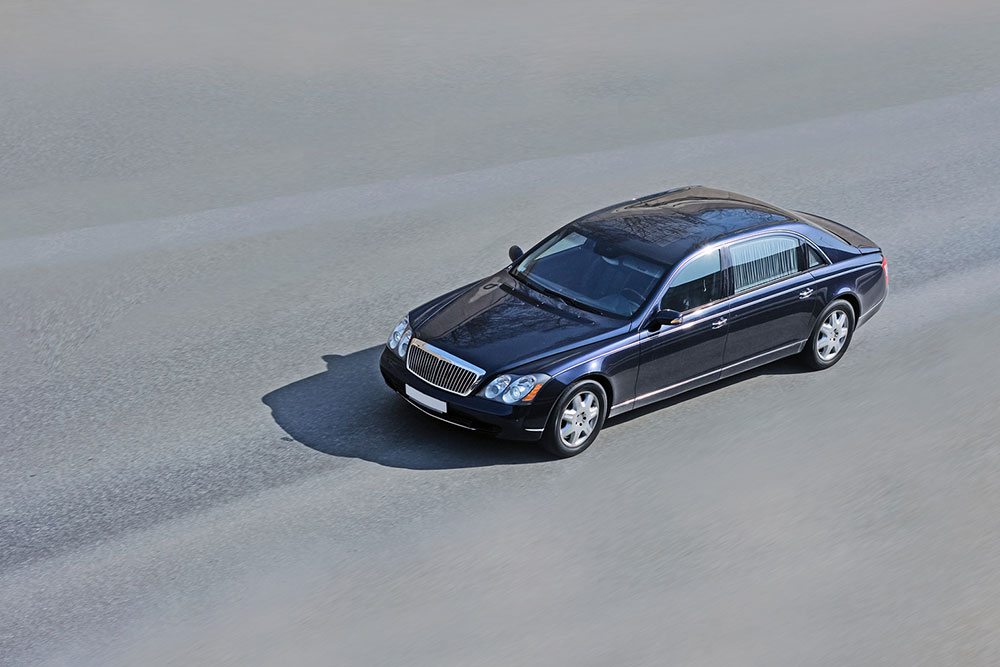Essential Guide to Buying Certified Used Vehicles
This comprehensive guide provides essential tips for purchasing certified used vehicles, covering needs assessment, budgeting, choosing reputable dealerships, checking vehicle history, and performing physical inspections. Ideal for buyers seeking reliable, cost-effective transportation options, the article emphasizes careful planning to ensure optimal value. Find practical advice on selecting quality vehicles, understanding certifications, and making confident decisions in the used car market.

Essential Guide to Buying Certified Used Vehicles
In today's world, owning a vehicle has become almost a necessity. Many families own cars for commuting to work or school, while some use vehicles less frequently. Despite the availability of new models, demand for used cars remains strong as people look for economical options. Whether trading in an old vehicle or purchasing one due to budget constraints, many are turning to certified used cars. If you're considering this route, there's no need to feel discouraged—careful planning can lead to successful investing.
With increasing popularity, many buyers prefer certified used cars, but not all deals are equally beneficial. To maximize value, it's important to follow practical tips during the purchase process.
Assess Your Needs
Just like new vehicles, used cars come in various options. Clarify your requirements before browsing—decide if the vehicle will be for daily commuting or occasional use. Consider the number of passengers, available garage space, and must-have features to narrow down your choices effectively.
Budgeting is crucial. Used car prices vary based on factors like brand, model, size, and condition. Determine your maximum affordable price beforehand. If necessary, explore financing options, as not all sellers provide loans. Planning your finances beforehand ensures a smoother buying experience.
Select Reputable Dealerships
Numerous retailers now sell certified used cars due to high demand. However, choosing the right seller is essential. Always opt for authorized dealerships that stand behind their certifications. Verify the vehicle's certification status before purchase. Certified cars might cost more but typically come with longer warranties, making them a worthwhile investment. Popular platforms include Auto Trader and Cars.com, where you can find trusted sellers.
Compile a List of Options
Before shopping, prepare a list of potential cars fitting your budget and needs. Avoid limiting yourself to just one or two models to prevent delays. Track available options and act quickly when suitable vehicles appear on the market.
Research Vehicle History
Regardless of whether the car is certified, always review its history thoroughly. Use resources like Carfax or AutoCheck to examine accident records, previous ownership, mileage, and insurance history. This exercise helps assess the vehicle's condition and reliability before finalizing your purchase.
Inspect and Test Drive
Finally, conduct a hands-on inspection to identify any major flaws. Once satisfied with its physical condition, take the vehicle for a test drive. This step reveals how the car performs and helps ensure you're making a sound investment.
From Honda sedans to Hyundai SUVs, as well as luxury brands like Audi, BMW, Lamborghini, and Mercedes, many models are available through trusted dealers. Remember, making an educated buying decision ensures you get the best value for your money.










